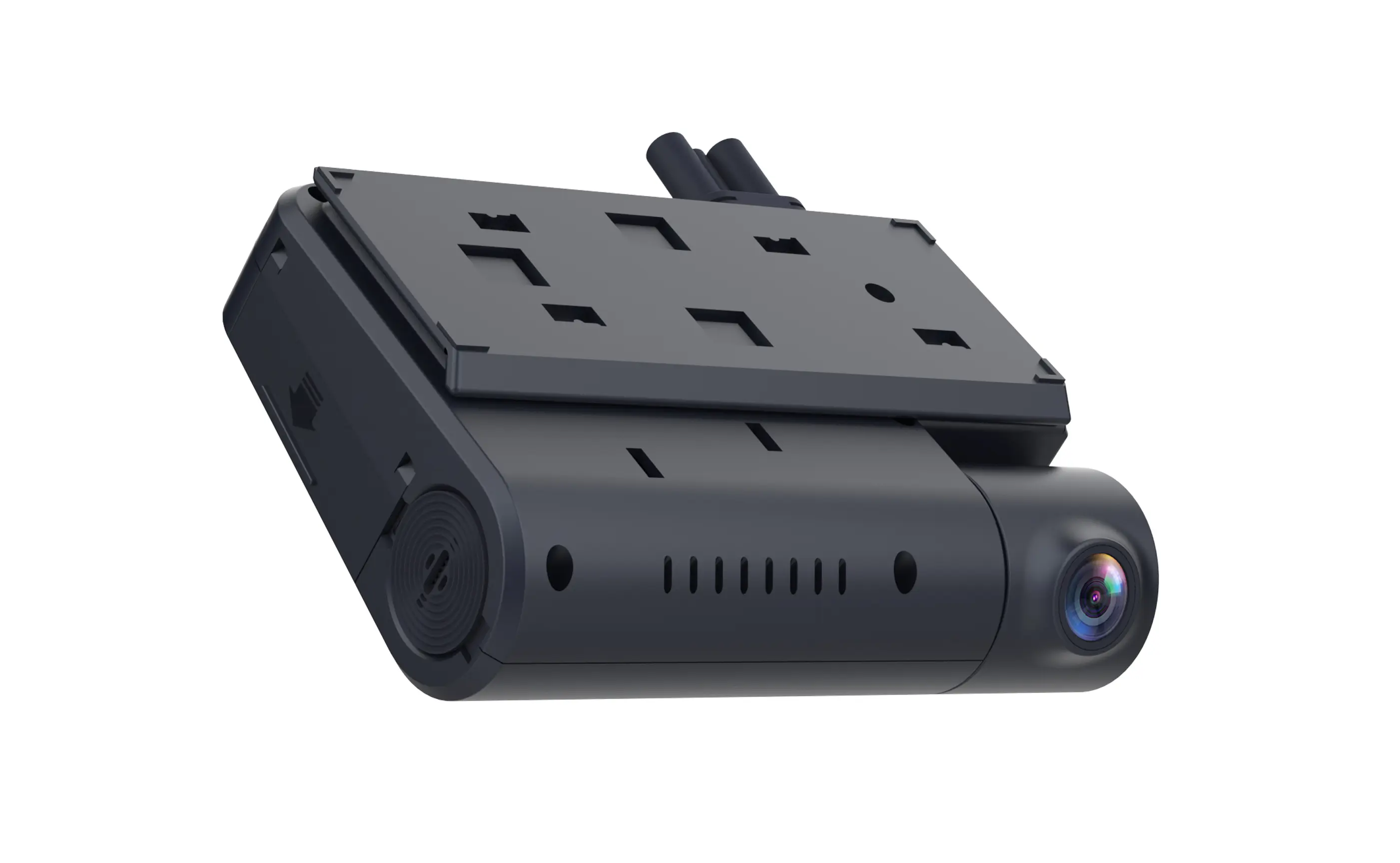gps tracking systems for fleet management
In today's fast-paced world, logistics plays a critical role in the success of any business. More and more companies rely on effective management of their fleet and drivers, including implementing GPS tracking systems, to stay competitive in the market. One key aspect in achieving this efficiency is by using modern technology and smart strategies, such as GPS tracking systems for fleet management. In this article, we will discuss four fundamental methods for effectively managing logistics fleets and drivers, while incorporating the benefits of GPS tracking systems.

1. Intelligent Fleet Equipment Upgrade: To maintain competitiveness in the logistics industry, it is essential to have your fleet equipped with the latest technology, including GPS tracking systems. Upgrading fleet equipment with intelligent features, such as real-time GPS tracking, can significantly enhance your logistics operations' efficiency. GPS tracking systems provide accurate location data, allowing you to monitor and optimize routes, improve delivery accuracy, and enhance overall fleet performance.
2. Digital Operations: Digital transformation is a crucial factor in improving fleet management efficiency, and GPS tracking systems are at the core of digital operations. By digitizing your operations and integrating GPS trackers into your fleet, you can streamline processes, optimize routes using real-time data, and make data-driven decisions. GPS tracking systems enable you to monitor vehicle locations, fuel consumption, and driver behavior, empowering you to identify inefficiencies, reduce costs, and improve overall logistics operations.
3. Fleet Management Evaluation: Regular fleet management evaluations are crucial for maintaining efficiency and maximizing the benefits of GPS tracking systems. By analyzing key performance indicators (KPIs), including GPS data, you can measure the effectiveness of your fleet management strategies. KPIs such as route optimization, fuel efficiency based on GPS tracking data, and on-time delivery performance provide valuable insights for making informed decisions and continuously improving your fleet's performance.
4. Driver Evaluation: GPS tracking systems not only benefit fleet management but also play a vital role in driver evaluation. By leveraging GPS data, you can monitor driver behavior, such as adherence to planned routes and speed limits. This information allows you to objectively evaluate driver performance, provide targeted training, and improve overall driver safety. GPS tracking systems contribute to creating a culture of accountability and continuous improvement among drivers.
In summary, implementing intelligent fleet equipment upgrades, digital operations, fleet management evaluations, and driver evaluations, while incorporating the benefits of GPS tracking systems, are four fundamental methods to significantly enhance the efficiency of your logistics fleet and drivers. By staying at the forefront of technological advancements, such as GPS tracking systems for fleet management, and continuously monitoring and optimizing your operations, you can ensure long-term success in your logistics business.





















































